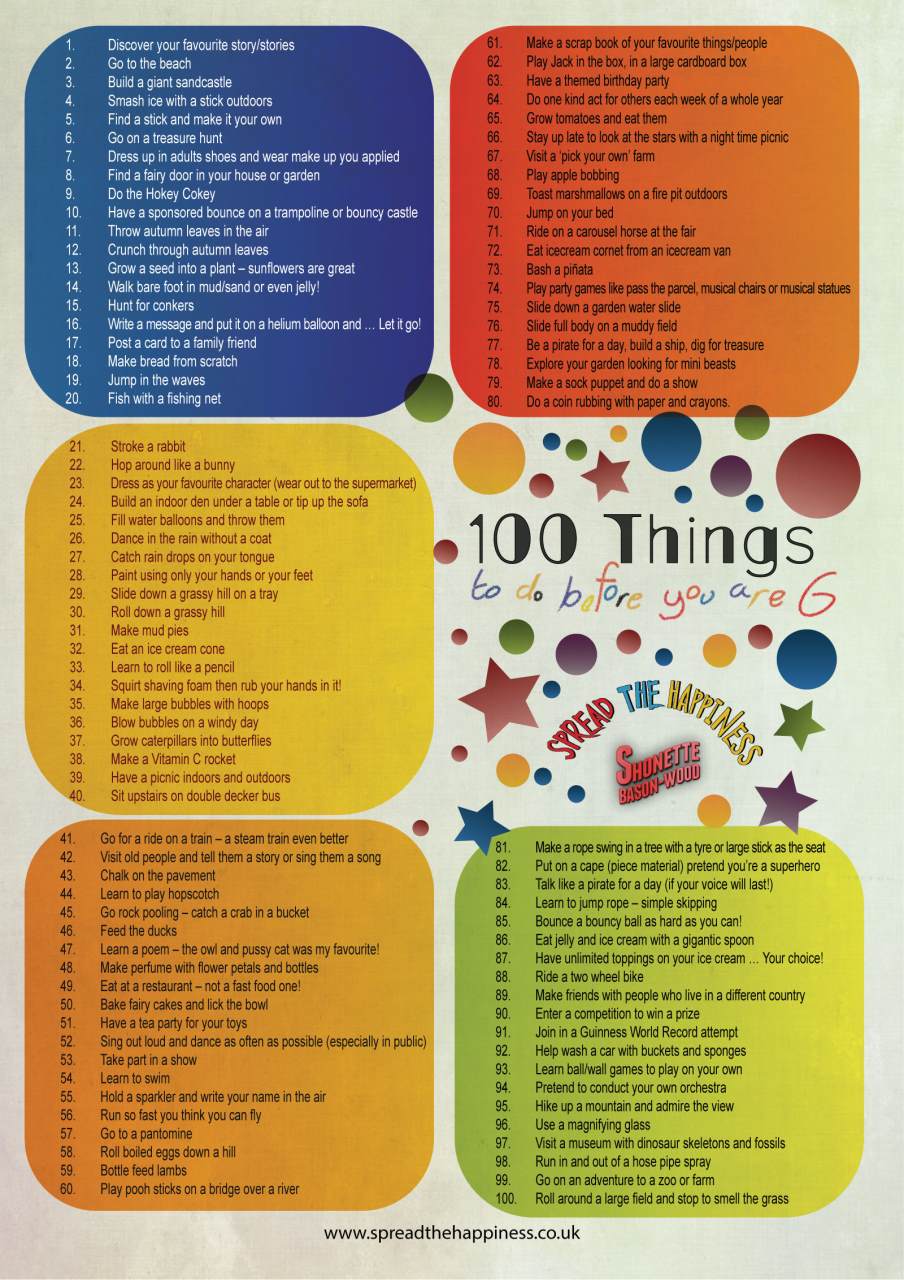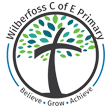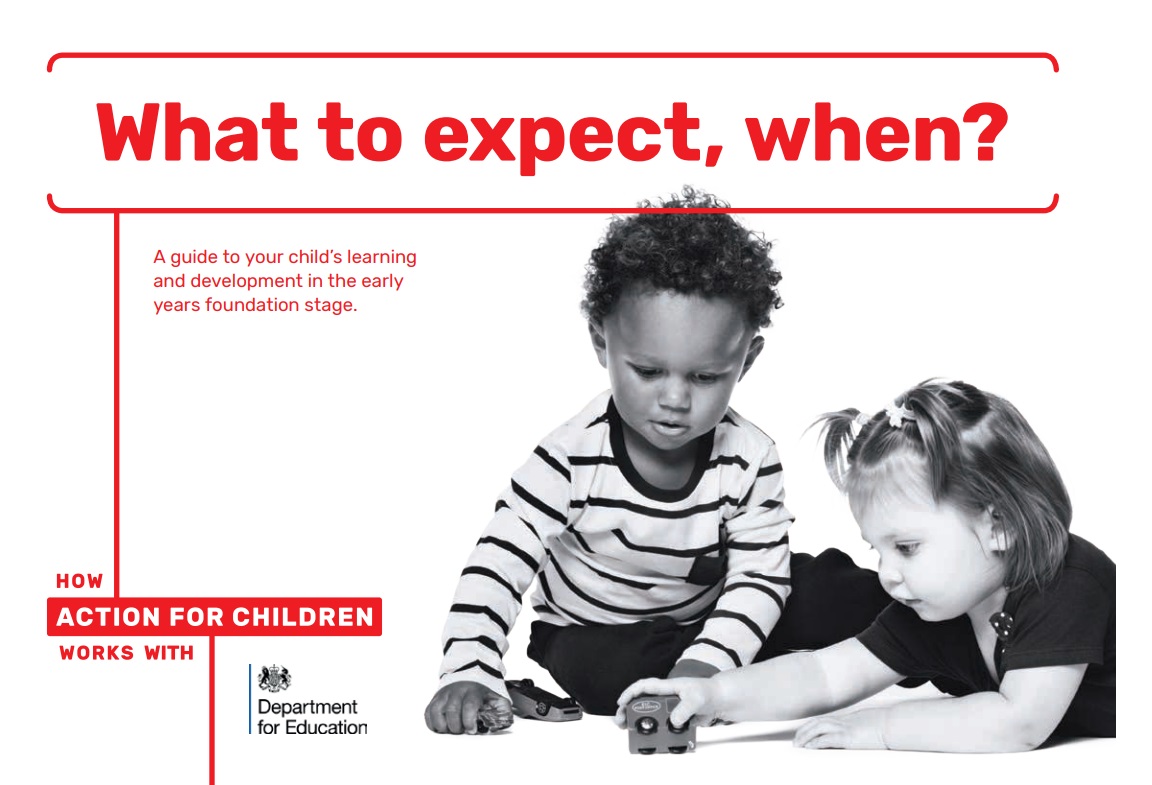EYFS
The Early Years Foundation Stage
The Early Years foundation Stage (EYFS) begins from birth, then in school from entry to nursery (when children are three or four years old) and finishes at the end of the Reception class (when all the children in the class will be five years old). Whilst your child is in the Early Years Foundation Stage, they will experience activities which will help them progress in their development and learning. The Early Learning Goals establish expectations for most children to reach by the end of the Reception year. These goals are organised into seven areas of learning and provide the basis for planning and assessment throughout the EYFS. The seven curriculum areas of learning are made up of three prime areas and four specific areas. Three Prime Areas:
- Personal, Social and Emotional Development (Self Regulation, Managing Self, Building Relationships),
- Physical Development (Gross Motor Skills, Fine Motor Skills),
- Communication and Language (Listening, Attention and Understanding, Speaking)
Four Specific Areas:
- Literacy (Word Reading, Comprehension, Writing),
- Mathematics (Number, Numerical Patterns),
- Understanding of the World (People, Culture and Communities, The Natural World, Past and Present)
- Expressive Arts and Design (Creating with Materials, Being Imaginative and Expressive)
New Curriculum 2021
The New EYFS Framework became statutory in September 2021. We follow the statutory framework alongside guidance such as 'Development Matters' to plan learning and experiences for our children. This also feeds into our own curriculum documents.
EYFS Staututory Framework 2021
Foundation Stage at Wilberfoss
Our F1 (Pre-school) and F2 (Reception) class form a cohesive Early Years unit, ensuring that your child’s transition into school is seamless.
One of the key benefits in our F1 setting is that children have the opportunity to progress into our F2 class and continue their educational journey with minimal disruption.
We value the Characteristics of Effective Learning and therefore these are at the core of our Early Years curriculum.
The school has been wonderful in every regard for our daughter, who most importantly loves school and learning as a result. To make her feel so at home and happy at school is an achievement in itself, but to do it in a period of so much disruption is especially impressive. Our only concern, as parents living just outside the catchment in Newton upon Derwent, is whether we'll be able to secure a place for our second child.
Parent of F2 Child
I think the school is brilliant and has always been for * and is now for *. She loves going to F1, the teachers are excellent and I know she is well looked after. The communication is spot on and I know that if I needed help I will be listened to and offered support. Thank you for your hard work to all at the school.
Parent of F1 Child
Characteristics of Effective Learning
Playing and Exploring
Children are encouraged to play with what they know and to develop the confidence to ‘have a go’. We offer our children an experience that will foster a love of learning within a safe and stimulating environment. We build positive and secure relationships which allow our children to flourish.
Active Learning
We have both an indoor and an outdoor environment in both of our Early Years settings. These are carefully resourced to support our children to become independent learners. Children are supported to be more resilient: to keep on trying and achieve what they set out to do, even if it is difficult. We follow the children’s interests in our provision which develops high levels of engagement and motivated to learn.
Creating and Thinking Critically
As children engage in a broad range of activities in Early Years, they begin to actively think about the meaning of what they are doing. Children will begin to generate new ideas, make links between experiences and learning and become problem solvers.
TRANSITION 2025
EYFS Evening for Parents - 2025
new starter presentation eyfs 2025.pdf
EYFS Transition Book F1
f1 transition book 2025 pptx.pdf
EYFS Transition Book F2f2 transition book 2025 pptx.pdf
WILBERFOSS PRIMARY SCHOOL EYFS CURRICULUM
Personal, Social and Emotional Development
USEFUL INFORMATION
What to Expect When
This is a really excellent document that helps practitioners and parents identify next steps for their children. Click on the picture below to see the full document:
100 things to do before you are 6!
We love these ideas created by Shonette Bason-Wood (www.spreadthehappiness.co.uk). These are really fun, practical ideas and we are certainly committed to achieving as many as we can in school - how many can you do at home?
Tweet us any pictures of you and your child having a go! @WilberfossPS

EYFS Baseline Assessment
2022 information for parents reception baseline assessment 1 .pdf
 Wilberfoss C of E Primary School
Wilberfoss C of E Primary School